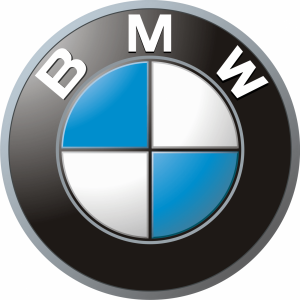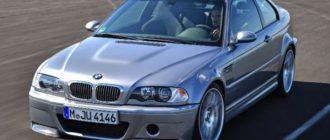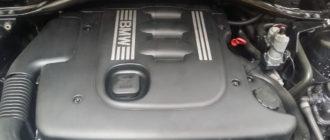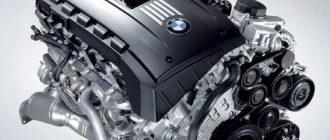Engines BMW M57 — a fairly successful creation of «Bavarian motor builders» and this series in the early '00s of the XXI century was a leader in the class of diesel engines at 2.5 and 3.0 liters. The BMW M57 engine has both drawbacks and advantages that affect its reliability and longevity, and therefore, its prestige. The considered M57 engine has significantly more advantages.
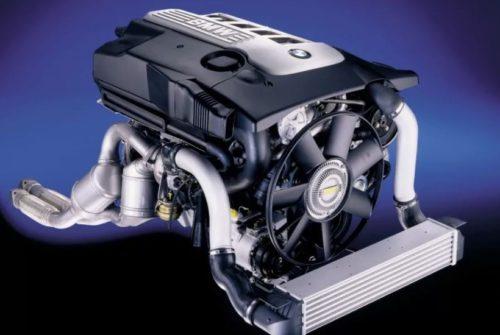
Winner of numerous awards in the category «Engine of the Year» among engines from 2.5 liters to 3.0 liters four times in a row at the turn of the XX and XXI centuries, as well as three more times, but not consecutively, at the end of the first decade of our century, the BMW M57 engine has become a legend among «Bavarian motor builders».
Features of the BMW M57 engine
Bayerische Motoren-Werke AG (BMW) operated an inline, 6-cylinder (dry cylinder liners allowed for weight reduction to 130-180 kg), 24-valve, ranging from 2.5 liters to 3.0 liters, engine M57 for over 10 years from 1998 to 2008, with 10 versions available, powering more than a dozen BMW models from E38 to E66 and E90, as well as X-series SUVs until it was succeeded by the N57 engine.
The cast-iron BMW M57 engine had an aluminum cylinder head, chain-driven timing system, two camshafts, Common-rail diesel fuel injection system, Garrett GT2556V turbocharger with variable geometry, and Euro 3-5 emission standards. It was paired with the 6-speed automatic transmission GA6HP26Z (ZF), although it was usually installed in the «eights».
Advantages and disadvantages of the BMW M57 engine
The M57 engine, overall very reliable, economical, and not temperamental, remaining in good working condition even after covering over 1 million km, featured an indestructible double-row timing chain that, with proper maintenance, could last the entire lifespan of the vehicle without needing replacement.
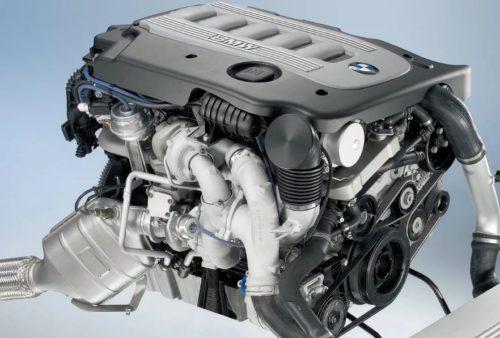
However, the BMW M57 engine also had minor flaws. Among its disadvantages were:
- Persistent damage to the crankshaft pulley and Common Rail fuel injectors with a reduced service life of up to 100,000 km, needing replacement in later versions.
- Frequent failures in the operation of swirl flaps, with detached pieces posing a significant risk of causing damage. On TU units, the intake manifolds were made of plastic, which, while reducing the risk of shard dispersal, created another problem — a decrease in engine power in case of cracks.
- During prolonged operation, the crankshaft damper pulley wore out significantly, causing knocking and constant vibration.
- With irregular maintenance, the oil separator malfunctioned, leading to oil settling in the turbine pipes.
More: Advantages and disadvantages of the BMW 2.0 (M47) engine
Description of the BMW M57 engine series
From the start, the M57D25 was produced with 163 hp and 2497 cc, an intercooler, and a Garrett GT2052V turbocharger.
The M57D25TU (M57TUD25) 2002 model had the same displacement and intercooler but had an additional 14 horsepower and 50 Nm (400 Nm). In the BMW M57D30 engine variant (2004), the displacement increased to 2926 cc, with power and torque increasing to 184-193 hp and 390-410 Nm respectively.
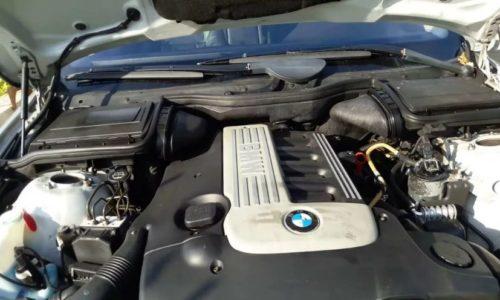
Even higher parameters were achieved by the M57D30TU (M57TUD30) engine produced from 2006 — 2993 cc, from 204 hp to 272 hp, and torque from 410 Nm to 560 Nm. The M57D30TU2 (M57TU2D30) engine saw an increase in power to 231-286 hp and torque to 500-580 Nm while maintaining the same displacement. The BMW M57TU2D30 TOP engine had 286 hp, 580 Nm, and dual turbocharging.
Fuel and oil consumption
The most fuel-efficient engine in this series was the M57D25TU, consuming between 4.7 and 7.8 liters of diesel fuel per 100 km, whereas the M57D30 consumed 9.7 liters in urban conditions, 5.6 liters on highways, and 7.1 liters in mixed conditions.
The top model engine (M57TU2D30 TOP) was the most fuel-intensive — from 6.9 to 9.0 liters. The M57D30TU2 variant was the least fuel-consuming in the upper range.
Different versions of the BMW M57 engine had varying oil capacities. The initial volume was 6.5 liters, increasing to 7.5 liters and 8.25 liters for the M57D30TU2 and M57D30TU models respectively. With sufficient oil and normal operating temperature, no less than 700 grams of oil is used per thousand kilometers.
